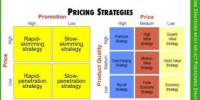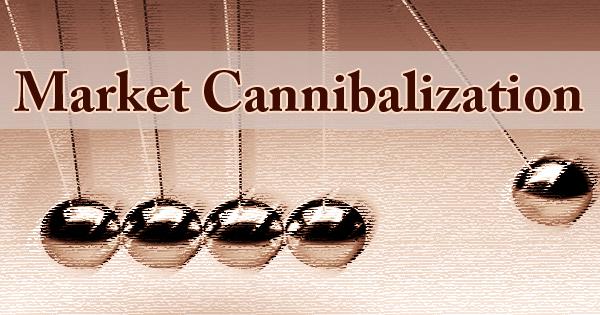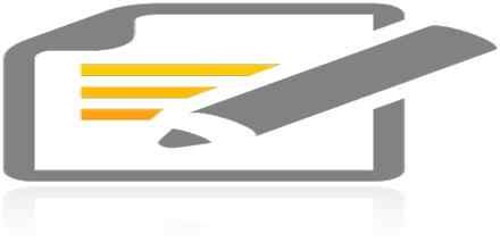Mortgage lending is the primary mechanism used in many countries to finance private ownership of residential and commercial property (see commercial mortgages). Although the terminology and precise forms will differ from country to country.
The Sharia law of Islam prohibits the payment or receipt of interest, which means that Muslims cannot use conventional mortgages. However, real estate is far too expensive for most people to buy outright using cash: Islamic mortgages solve this problem by having the property change hands twice. In one variation, the bank will buy the house outright and then act as a landlord. The homebuyer, in addition to paying rent, will pay a contribution towards the purchase of the property. When the last payment is made, the property changes hands.
Typically, this may lead to a higher final price for the buyers. This is because in some countries (such as the United Kingdom and India) there is a Stamp Duty which is a tax charged by the government on a change of ownership. Because ownership changes twice in an Islamic mortgage, a stamp tax may be charged twice. Many other jurisdictions have similar transaction taxes on change of ownership which may be levied. In the United Kingdom, the dual application of Stamp Duty in such transactions was removed in the Finance Act 2003 in order to facilitate Islamic mortgages.
An alternative scheme involves the bank reselling the property according to an installment plan, at a price higher than the original price.
Both of these methods compensate the lender as if they were charging interest, but the loans are structured in a way that in name they are not, and the lender shares the financial risks involved in the transaction with the homebuyer.
Other terminologies
Like any other legal system, the mortgage business sometimes uses confusing jargon. Below are some terms explained in brief. If a term is not explained here it may be related to the legal mortgage rather than to the loan.
Advance This is the money you have borrowed plus all the additional fees.
Base rate In UK, this is the base interest rate set by the Bank of England. In the United States, this value is set by the Federal Reserve and is known as the Discount Rate.
Bridging loan This is a temporary loan that enables the borrower to purchase a new property before the borrower is able to sell another current property.
Disbursements These are all the fees of the solicitors and governments, such as stamp duty, land registry, search fees, etc.
Early redemption charge / Pre-payment penalty / Redemption penalty This is the amount of money due if the mortgage is paid in full before the time finished.
equity This is the market value of the property minus all loans outstanding on it.
First time buyer This is the term given to a person buying property who has not owned property within the last three years.
Loan origination fee A charge levied by a creditor for underwriting a loan. The fee often is expressed in points. A point is 1 percent of the loan amount.
Sealing fee This is a fee made when the lender releases the legal charge over the property.
Subject to contract This is an agreement between seller and buyer before the actual contract is made.
















